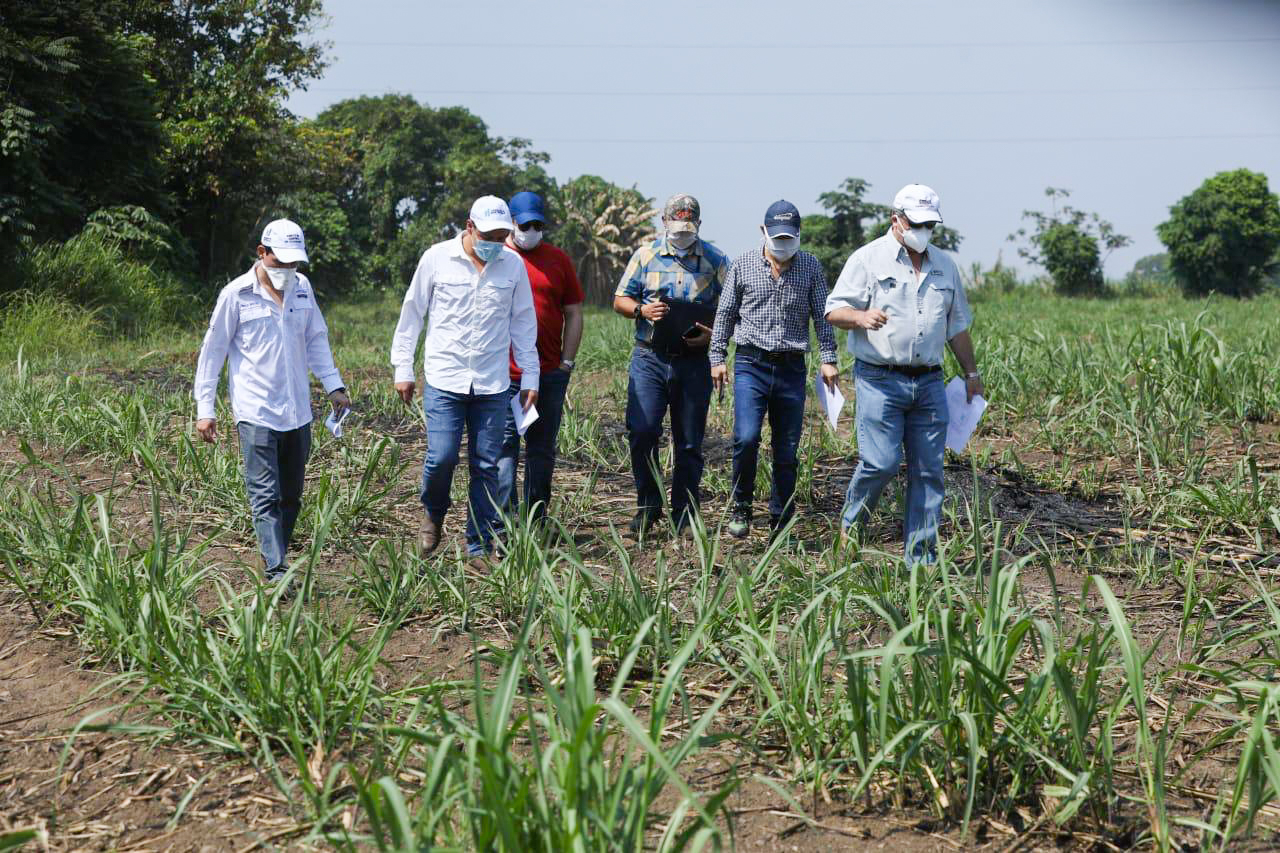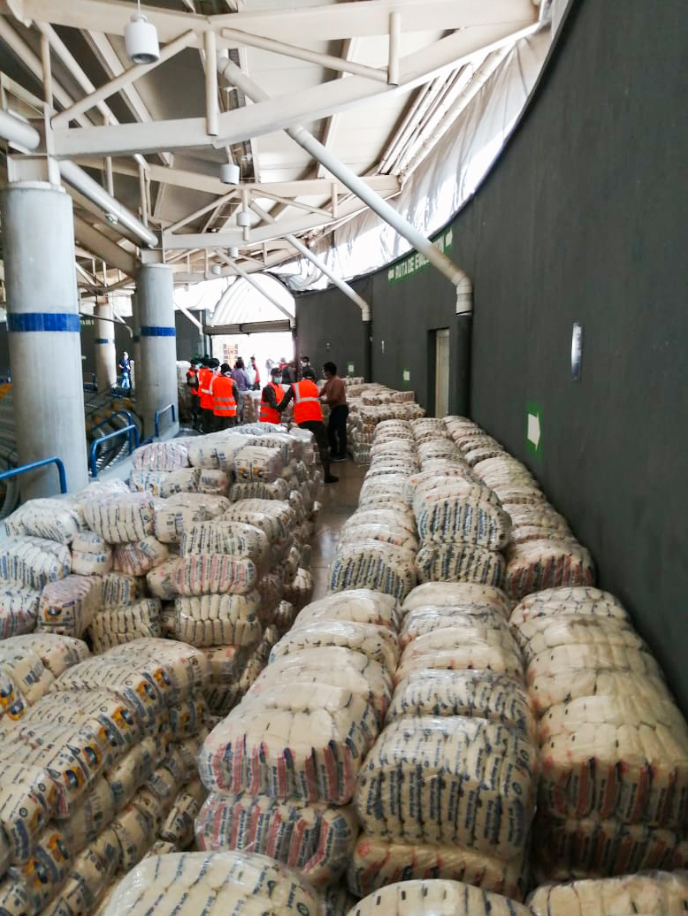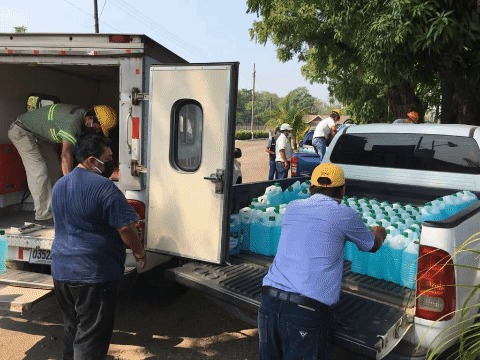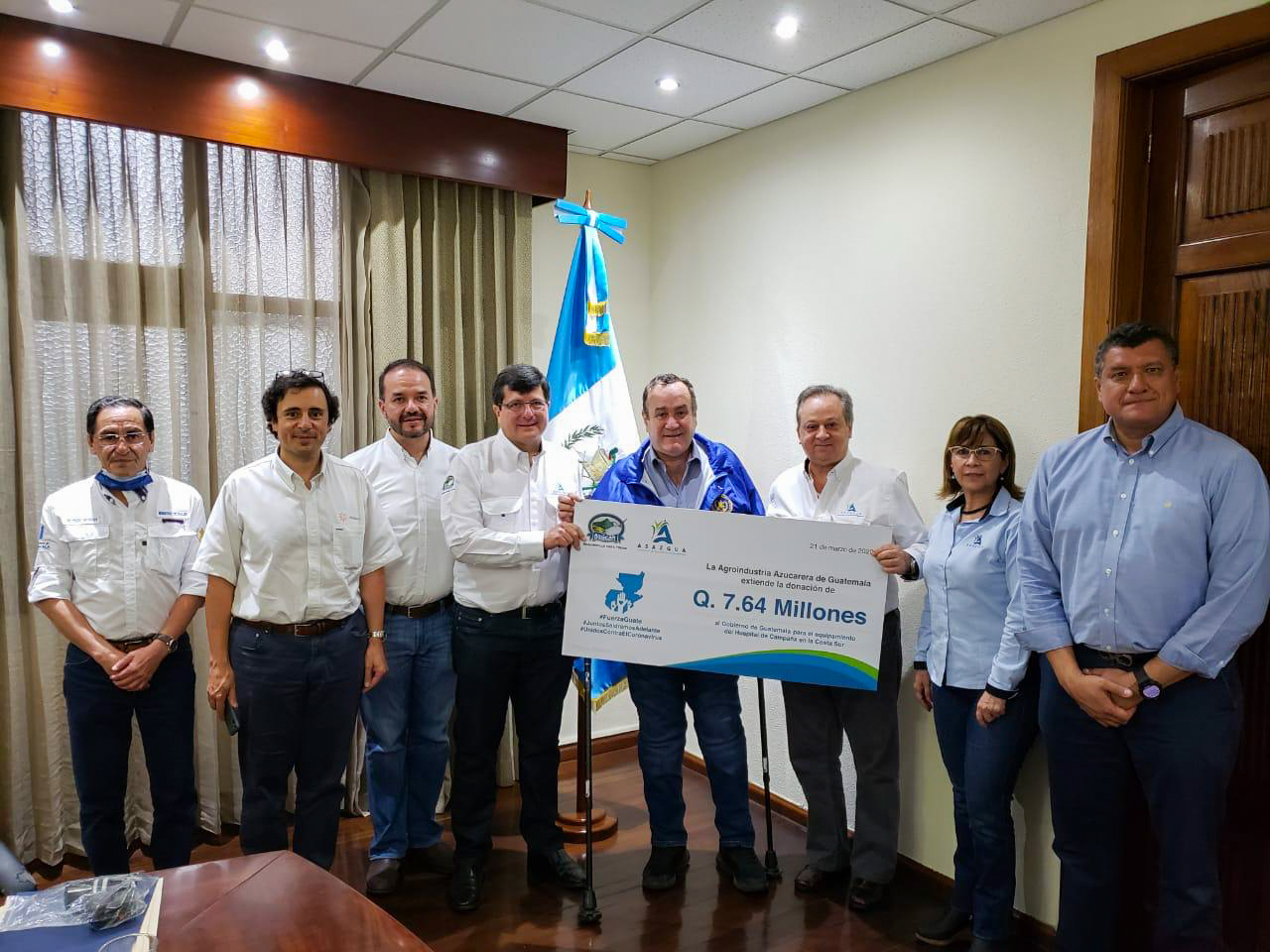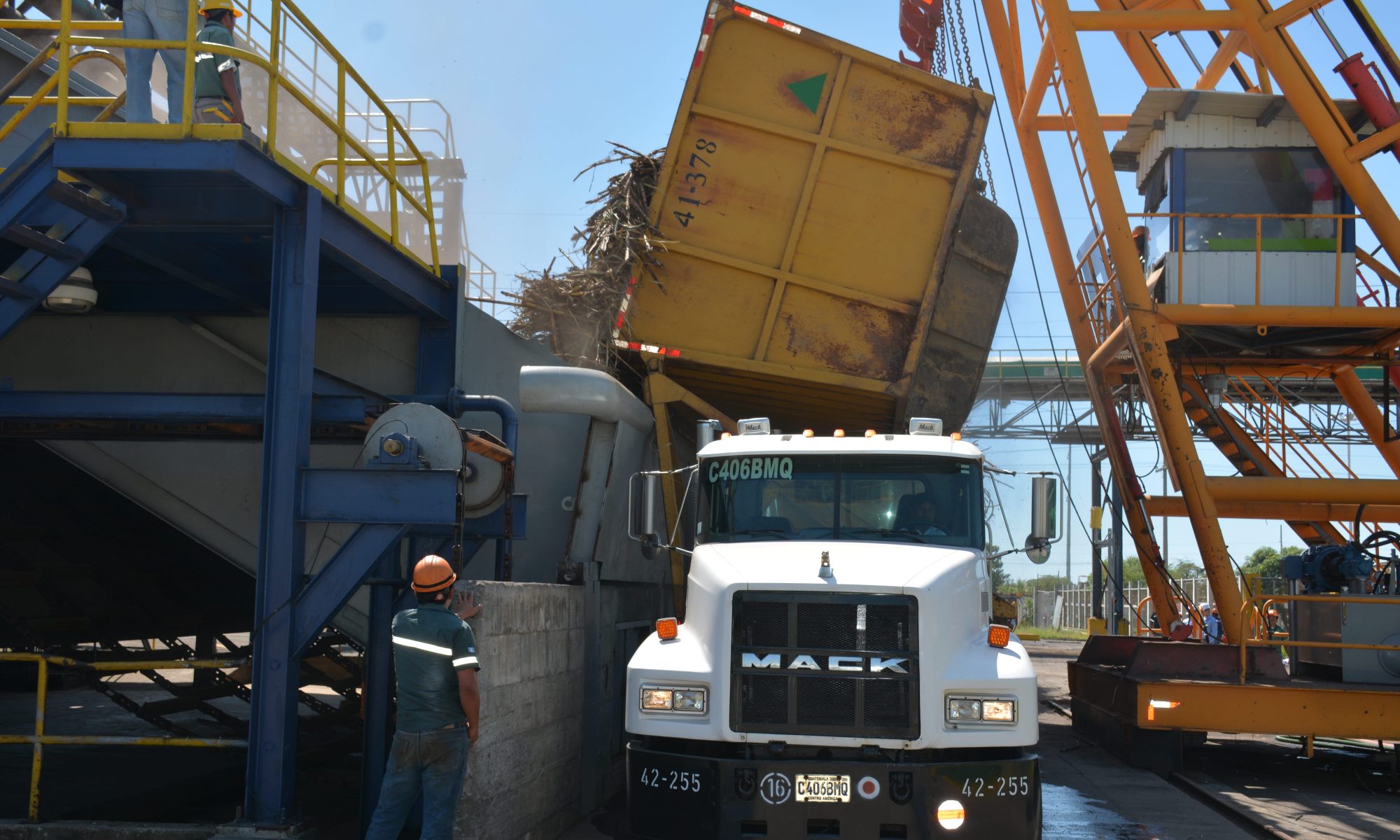The International Organization of Employers (IOE), based in Geneva, Switzerland, has bestowed the prestigious International “Leader of Change” Award upon the Association of Sugar Producers of Central America (AICA) for its annual campaign “I Take Care of You” aimed at preventing child labor in the Central American region.
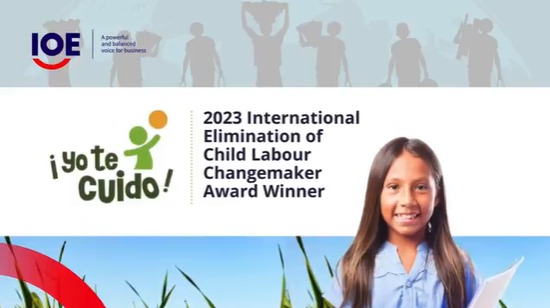
The “I Take Care of You” campaign focuses on preventing child labor in the sugar sector of Guatemala, El Salvador, Honduras, Nicaragua, and Costa Rica, through publications and training and awareness activities for both producers and surrounding communities.
“In this context, and as part of the commitment of governments and businesses to the Durban Call to Action adopted at the V World Conference on the Eradication of Child Labor in 2022, the AICA relaunched its regional campaign (…). The “I Take Care of You” campaign seeks to raise awareness about child and adolescent labor, along with the corresponding protective legislation. It also advocates for the importance of caring for boys and girls and ensuring their right to education,” explains the IOE on its website: https://shorturl.at/adgr8
“IOE’s Chief Adviser, Rita Yip, announced the winner of the Award during the 14th Annual Meeting of the ILO Platform on Child Labor: ‘We are pleased to award this year’s prize to AICA. The campaign of this association, supported by IOE members in the region, is making significant efforts to eradicate child labor. It also serves as a significant source of inspiration for other regional and national sectoral bodies to commit to preventing and eliminating this unacceptable practice,'” adds the IOE.










 in respect of Human Rights, promoting the training and strengthening of capacities in Human Rights for employees, as well as in the supply chain. In addition, ensure compliance with the existing guild policies for the prevention, mitigation, and resolution of impacts on the community. In the same way, encourage dialogue for action on human rights.
in respect of Human Rights, promoting the training and strengthening of capacities in Human Rights for employees, as well as in the supply chain. In addition, ensure compliance with the existing guild policies for the prevention, mitigation, and resolution of impacts on the community. In the same way, encourage dialogue for action on human rights. “We have not found such a sophisticated, structured and well-run process from the private sector and business leaders anywhere in the world and that is why we classify it as unprecedented, which happens with great pleasure from Guatemala,” said Randall Arias, of the ILO Sub-regional Office in San José, Costa Rica, regarding the policy creation process.
“We have not found such a sophisticated, structured and well-run process from the private sector and business leaders anywhere in the world and that is why we classify it as unprecedented, which happens with great pleasure from Guatemala,” said Randall Arias, of the ILO Sub-regional Office in San José, Costa Rica, regarding the policy creation process. The public presentation of the Guild Policy of Respect for Human Rights was virtual and, in addition to Asazgua executives and directors, also participated: Leonardo Ferreira, ILO Deputy Director for Central America, Haiti, Panama and the Dominican Republic; Randall Arias, from the ILO Sub-regional Office in Costa Rica; Pedro Brolo, Minister of Foreign Relations of Guatemala; Carla Rodríguez, Guatemalan Ambassador to the UN in Geneva; Roberto Ardón, Cacif executive director; Carla Caballeros, Camagro executive director and Daira Gómez de Cegesti.
The public presentation of the Guild Policy of Respect for Human Rights was virtual and, in addition to Asazgua executives and directors, also participated: Leonardo Ferreira, ILO Deputy Director for Central America, Haiti, Panama and the Dominican Republic; Randall Arias, from the ILO Sub-regional Office in Costa Rica; Pedro Brolo, Minister of Foreign Relations of Guatemala; Carla Rodríguez, Guatemalan Ambassador to the UN in Geneva; Roberto Ardón, Cacif executive director; Carla Caballeros, Camagro executive director and Daira Gómez de Cegesti.